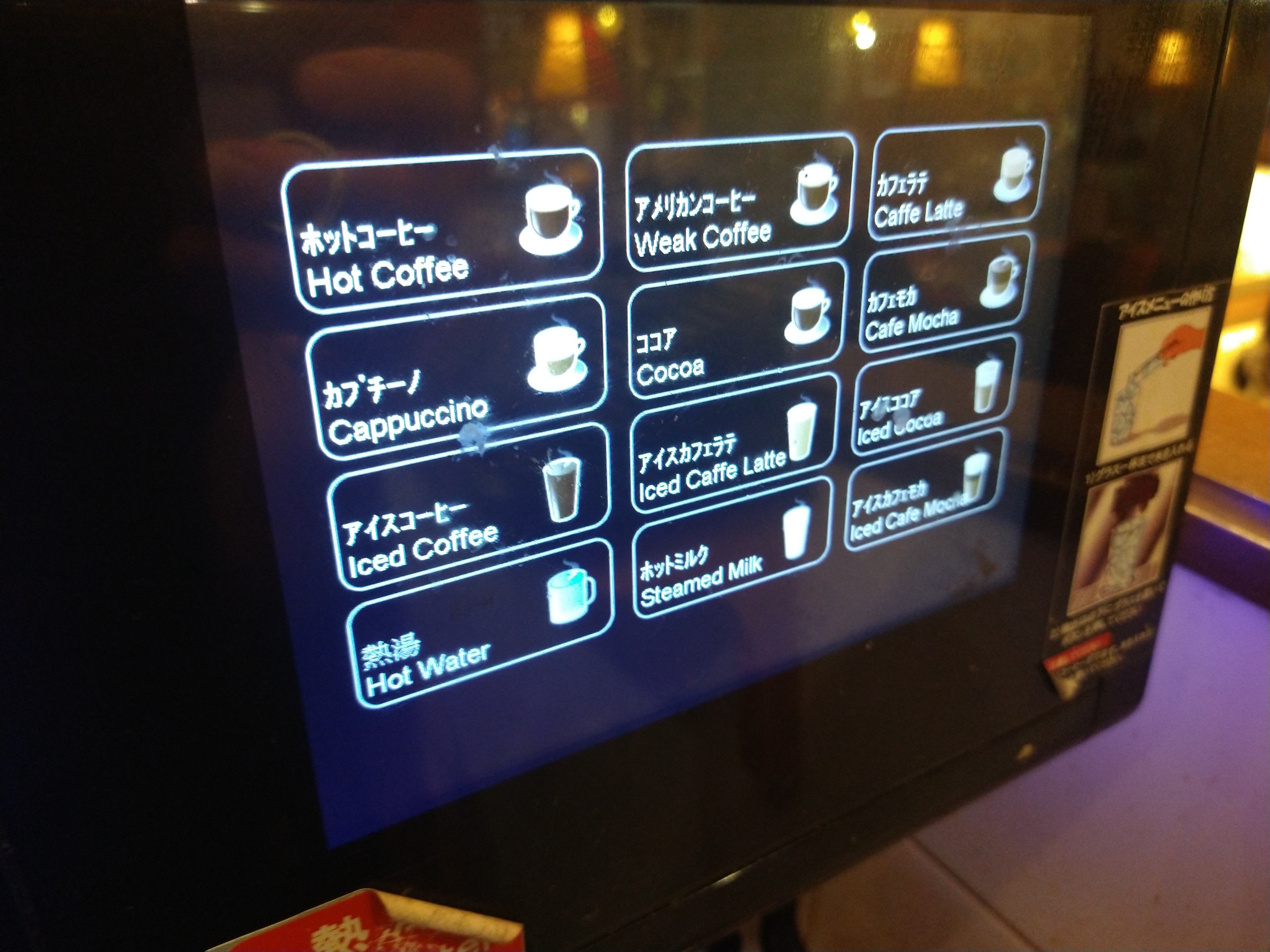上下左右 (じょうげさゆう). Means "top, bottom, left, and right". It isn't used very often, but it's useful for talking about web design, which is how I first encountered it.
拘り (こだわり) when used for food. It's easier to translate it as a verb (拘る), which means to be particular about something. 玉子に拘っている can very simply be translated as "We're particular about eggs", but 拘りの玉子サンド is much more difficult to translate. In this usage, it means that lots of care, thought, time, and/or work has been put into getting it right. There are a few translations you could use, but I don't think any one of them had quite the same nuance. Jim Breen dictionaries translate them as "speciality", but I don't think it captures the original meaning at all. You could translate it as "artisanal" or "finest", but that gives it more of a high-end or luxury sounding nuance. "Meticulously crafted" is also close, but that sounds like something very complex or elaborate, whereas the original can be used for simple things.

Yes, although the season 1 Rita was taken directly from the Japanese version of the show and dubbed over by an American voice actor who is still alive (but likely retired).